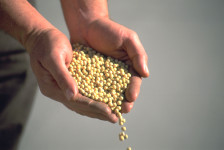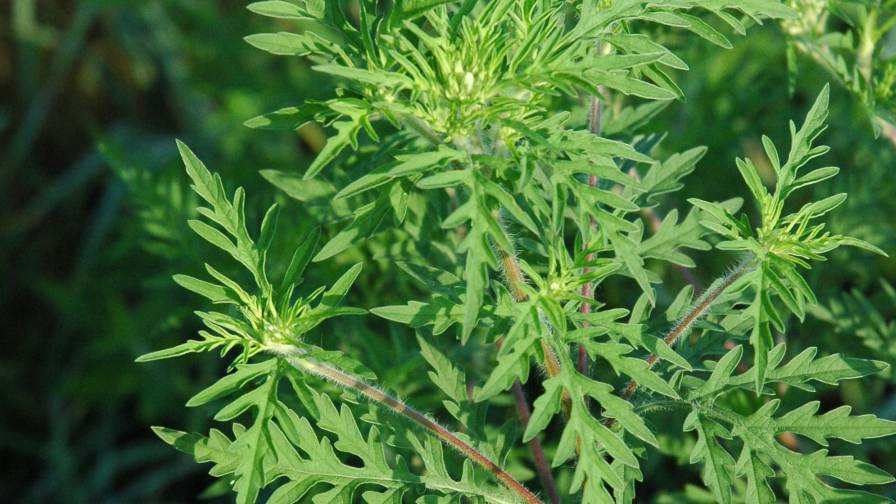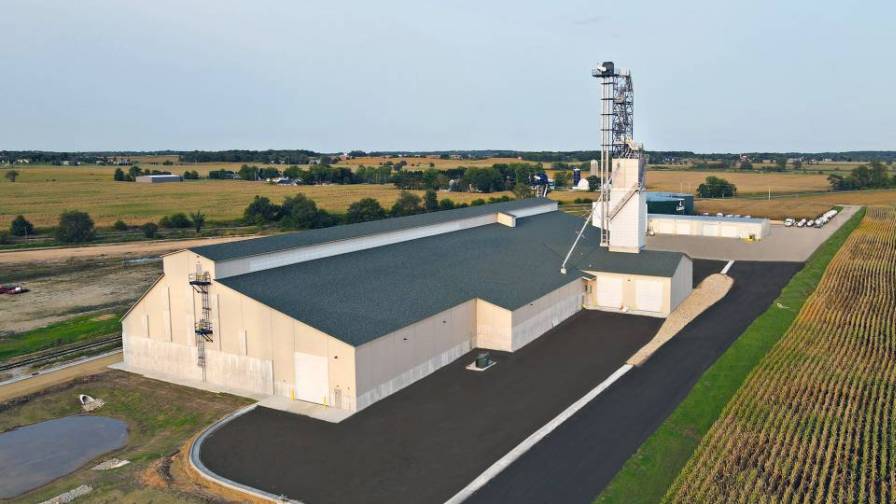Seed Could Soar

As market conditions and input costs evolve for the 2011 season, both dealers and seed companies feel there is reason for optimism. “The corn market is strong, the cost of inputs has been reasonable, and I think growers in Illinois have a tremendous opportunity,” says Tim McArdle, executive vice president, Brandt Consolidated Inc., Springfield, IL. For example, he is seeing better seed prices. “Seed corn prices were a little bit flatter this past season, and it appears that in most cases, most of the major vendors have actually decreased the price on some of their products for the coming year.”
Truly that’s good news for retailers who may wrestle every year with grower complaints about rising seed costs. “We always have price trouble,” says Scot Sparks, seed division manager at Hintzsche Fertilizer, Maple Park, IL. “I remember when we used to raise seed prices $1 a year, and it was like you were trying to take their first-born child away. But growers are willing to go on the trip with you when you describe what the hybrid can do, what these traits will help with, and why they should put it in this field.”
McArdle points out that “as you get more and more of the crop protection benefits in the seed, that costs more. But if you compare that to the purchase of the crop protection, it’s pretty much a wash.”
He would call putting any “ceiling” on the price growers are willing to pay strictly hypothetical. “But what is not hypothetical is the value paid for value received,” he says, especially as seed companies come out with more powerful traits that provide better control, new types of control, or output traits such as drought tolerance or nutrition enhancement. “If the performance is there, the yield potential is there, then the grower is going to be willing to pay for that as long as it is a reasonable amount,” he says.
Tailoring Seed Advice
In seed there are plenty of changes each year, with new varieties and traits to track. Brandt spends a great deal of time educating its people on these releases and counts on its sales force to then meet with growers one on one to explain them.
Craig Page, agronomy manager at Husker Coop, Columbus, NE, also believes this individual attention is key. “We try very hard to put the right hybrid on the right acre,” he says, and feels his team has been able to do that well. “We’ve been able to sell the value of traits because these are things that keep our growers profitable.”
To aid seed sales, Husker has offered a few buyer incentive programs tied to the company’s site-specific program, which includes grid sampling and VRT applications.
The coop has found its seed recommendation services one of its most “underutilized assets” says Clete Kamrath, agronomist. He feels personal customer contact is especially important if growers may simply be relying on trial plot data for decision-making. Plot-winning hybrids are not always the best fit in every grower’s acres, and it’s very important to match soil types and fertility with hybrids, he says.
Brandt has added another sales tool for the coming season. The company manages many seed plots each year, creating lots of community data to draw from in making buying recommendations. For 2011 staff have drawn all this performance data together and created a Community Seed Trials section on the Brandt Web site. Users simply click on a trial location and see the performance data for all seed planted there.
Seed Companies’ Take
Seed companies are excited about what they have to offer for 2011. (And they are making available data on how well their traited hybrids/varieties did in the 2010 season, especially in comparison to competitors’ products.)
Monsanto‘s Mike Stern, vice president of U.S. commercial row crops, says the company is offering retailers a corn and soybean portfolio designed to address farmers’ specific agronomic needs and deliver value in their region. In fact, in recent concentrated efforts to get seed feedback from customers, Monsanto found that growers want more trait and germplasm options across all geographies. “We took their comments to heart as we priced and delivered more options in our seeds and traits,” says Stern. “So far, response to our 2011 pricing and product approach has been very positive.”
Specifically, Monsanto is expanding hybrids in the Genuity SmartStax, Genuity VT Triple PRO, and Genuity VT Double PRO lines. In soybeans, growers also have more varieties to choose from (especially in the Genuity Roundup Ready 2 Yield line) as well as have the choice of whether or not to treat their soybeans with Acceleron seed treatment products.
Mycogen will be doubling the number of its SmartStax corn hybrids available — hybrids Chris Garvey, general manager of Mycogen Seeds, says bring the broadest spectrum of insect protection, 5% reduced refuge in the Corn Belt, and the latest genetics. In soybeans, the company will be focusing on its Roundup Ready 2 Yield line.
In answer to concerns about pricing, Garvey points to the company’s tools for dealers, including early prepayment options, grower financing through Rabo AgriFinance, and its Grower Rewards program.
Syngenta Seeds has introduced 140 new corn hybrids, including 41 featuring the Agrisure Viptera 3111 trait stack — which combines the Agrisure Viptera trait with the Agrisure 3000GT triple stack. Eric Boersma, corn portfolio manager, reports it not only controls 14 pests but also improves grain quality. “With the breadth of our expanded corn portolio, growers will be able to find the hybrids they’re seeking to thrive in their fields and maximize yields,” he says.
Syngenta will also be selling all NK brand soybeans in EZ-Count 140,000 seed units rather than 50-pound units. The approach offers growers a more accurate, convenient, and equitable way to order seed, says the company.
All the seed companies we talked with are committed to providing assistance when needed this season.
“Mycogen Seeds continues to provide retailer support with local, experienced seed partners to help identify prospects and position products with customers,” says Garvey. The company also recently revised its website, making it easier to find important product and contact information.
In June, Monsanto published its “DeKalb and Asgrow Seed Resource Guide” for 2011. The company provides season-long support in the form of local expertise via its territory agronomists; in-field product training at Genuity Technology Showcases; Knowledge Transfer brochures and Technology Bulletins (for current agronomic conditions that can affect crops); and third-party conference calls that provide up-to-date information on topics ranging from insect pressure to ways to help maximize yield.
At harvest the company strives to make available hybrid and variety results in specific geographies as well as across the U.S. — all historically posted on www.dekalbandasgrow.com.





